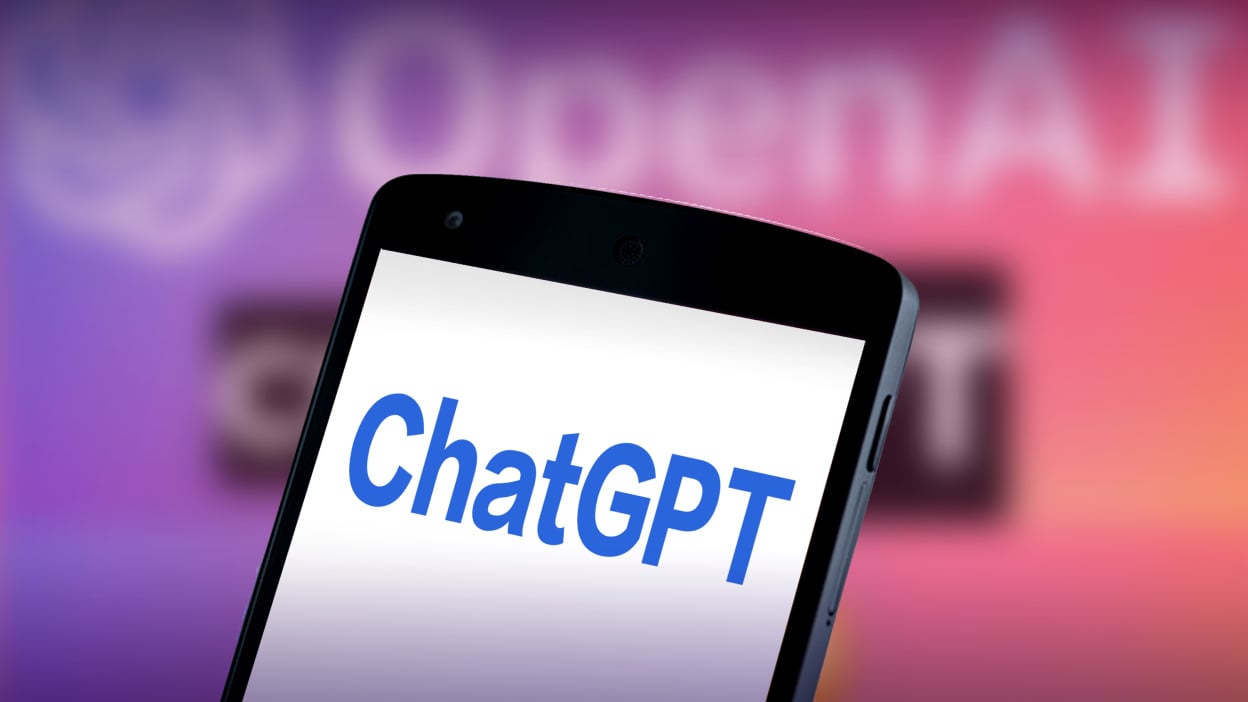

ChatGPT users frequently express dissatisfaction regarding a prevalent problem: How a tab unexpectedly becomes unresponsive after an extended interaction with the chatbot. This often leads to user frustration and necessitates starting a new chat, which entails re-entering all instructions, data, and information anew. Nevertheless, initiating a new chat disrupts the workflow, and the responses may lack the context from the earlier conversation.
The issue generally lies not with ChatGPT, but rather with your browser. The ChatGPT interface retains all messages from the conversations in your browser, and as more interactions accumulate, your browser must manage an extensive chat history. For processing and displaying thousands of messages, the browser utilizes a significant amount of RAM and CPU resources, which can lead to lag and sluggishness.
A quick, temporary solution to this is to clear your browsing history to free up some memory or use the dedicated ChatGPT application. However, a free extension available on the Google Chrome Web Store, named ChatGPT LightSession, claims to address this issue more effectively.
The ChatGPT LightSession extension for Google Chrome conceals old and invisible messages from your browser’s display, which helps to free up your computer’s memory. Instead of displaying the entire chat, the browser now concentrates on rendering the most recent messages, leading to quicker responses in the chat. This does not imply that the extension removes anything from ChatGPT’s memory. The chatbot maintains the full context of the entire conversation thread, allowing you to reference any previous point during the discussion.
For those apprehensive about privacy, as per the developer’s documentation, ChatGPT LightSession operates locally on your device. The developer asserts that the data “doesn’t go to any external servers” and that he doesn’t “